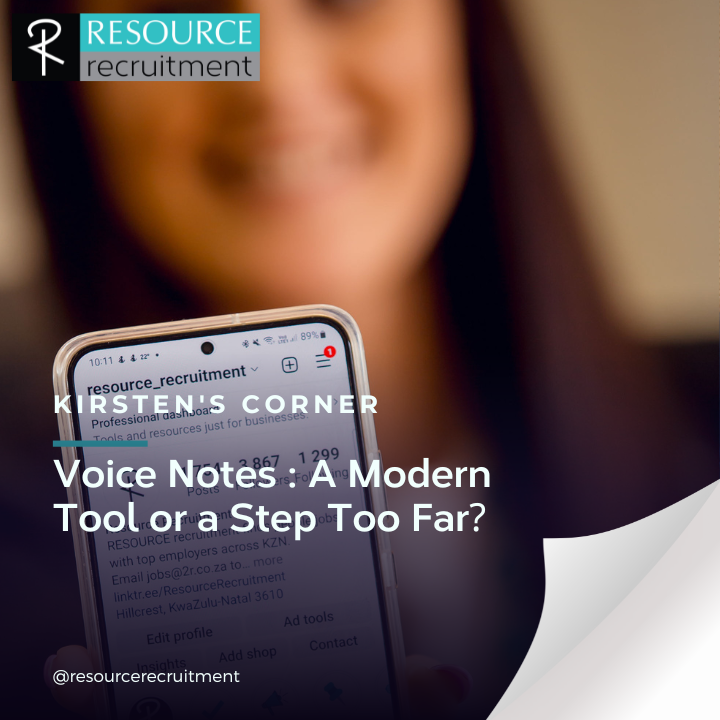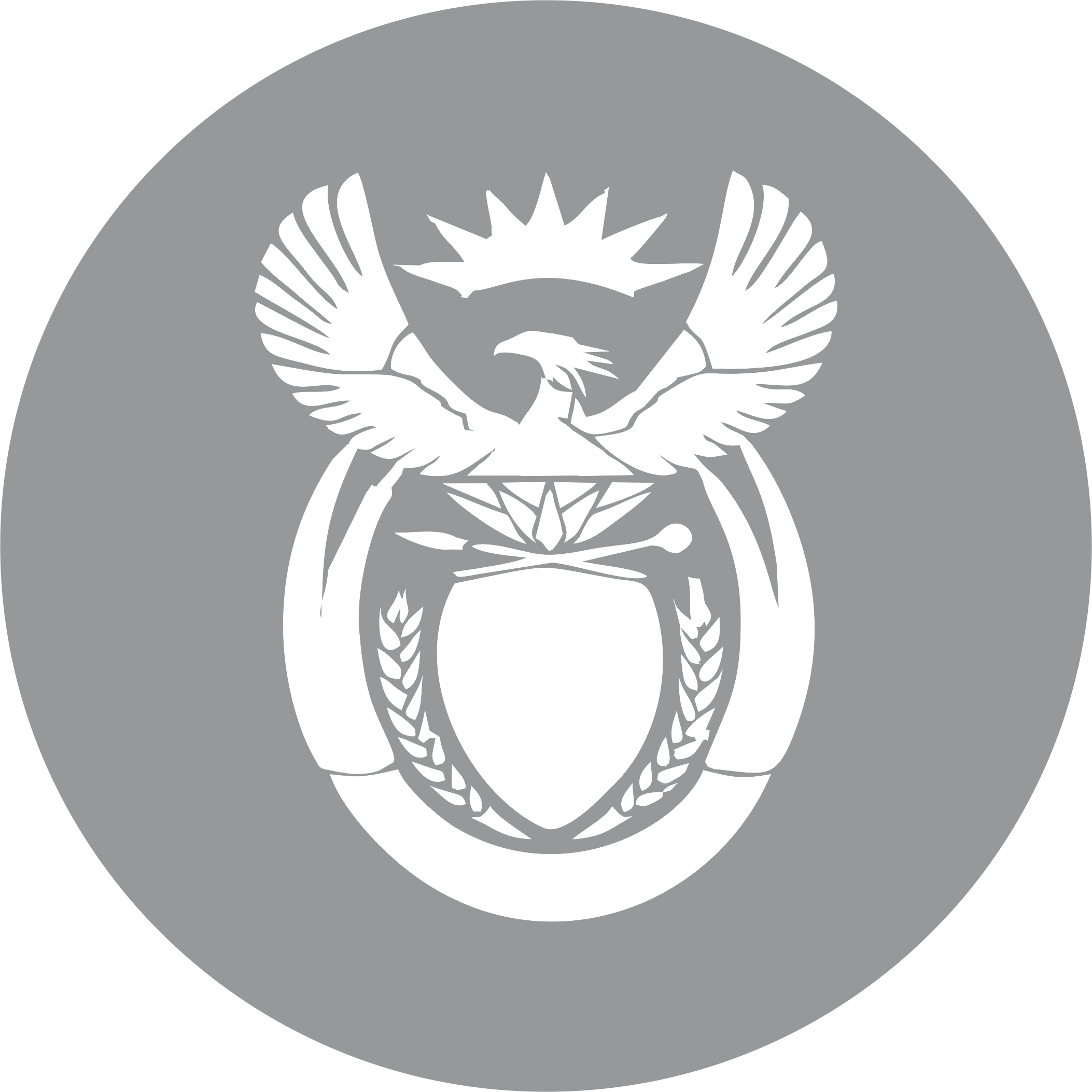
05 Apr Voice Notes in Job Applications: A Modern Tool or a Step Too Far?
Voice Notes in Job Applications: A Modern Tool or a Step Too Far?
I was a little slow to warm up to the idea of Voice Notes, but once I did, I definitely embraced the ease and efficiency they offer when I am busy and dealing with friends and family. I do however have serious reservations as to how impactful and professional they are when introducing oneself in a professional relationship or conducting business when a familiar relationship may not already exist. Here are a few points to consider. I would love to hear your thoughts.
The Pros of Using Voice Notes
- It adds a Personal Touch
Voice notes allow job seekers to inject personality and warmth into their applications, providing a more human touch compared to traditional written communication. This personalization can help candidates forge a deeper connection with hiring managers and leave a lasting impression.
- Showcases Communication Skills
For roles that require strong verbal communication skills, such as sales or customer service positions, sending a voice note can serve as a real-time demonstration of the candidate’s ability to articulate ideas clearly and confidently.
- Efficiency
Recording a voice note can be quicker and more efficient than crafting a lengthy cover letter, especially for candidates who excel at verbal communication or find writing challenging. It allows them to convey their enthusiasm and qualifications in a concise and engaging manner.
The Cons of Using Voice Notes
- Searchability
A large portion of recruitment today is based on data bases and key words. I often receive an email from a job seeker, and don’t have anything suitable for them, but a week later something comes available. I can search for emails for key words, and even if I don’t remember the job seekers name, can find the person who mentioned they had the desired skills. I cannot search or scroll through old Voice Notes with the same ease and efficiency.
- Professionalism
Sending a voice note may be perceived as less formal or professional compared to traditional written communication. In some industries or corporate cultures, this informality could be viewed negatively and may not align with the company’s expectations. It can be very difficult to maintain the same professional tone you would in a covering letter, in a voice note.
- Privacy Concerns:
Voice notes may raise privacy concerns for both candidates and employers, particularly if sensitive information is shared or if the recording is stored or forwarded without consent. Many companies have WhatsApp for Business on the computers, and play Voice Notes off their Computers, which others in the office would hear. Candidates should be mindful of what they include in their voice notes to protect their personal and professional privacy.
Best Practices for Using Voice Notes in Job Applications
- Know Your Audience
Consider the company culture and industry norms before deciding whether to include a voice note in your application. Tailor your approach to match the expectations of the hiring manager and the organization. Remember- WhatsApp is only 15 years old, which means that a manager who is 45 years old, did not have WhatsApp when they were 30 years old.
- Supplement, Don’t Replace
Use voice notes as a supplementary tool to enhance your application rather than as a substitute for traditional written materials. Pairing a well-crafted resume and cover letter with a thoughtful voice note can create a comprehensive and memorable impression.
- Seek Feedback
Before sending a voice note, seek feedback from trusted peers or mentors to ensure that your tone, content, and delivery are appropriate and effective. Practice recording yourself to refine your communication skills and confidence.
While the use of voice notes in job applications offers benefits such as personalization, communication skills showcase, and efficiency, it’s essential to approach this approach with caution and consideration. Candidates should weigh the pros and cons, assess the appropriateness for the specific role and company, and adhere to best practices to maximize the impact of their applications, rather than sending the Voice Note simply because it is easy for them than taking the time to send an email. Ultimately, striking the right balance between innovation and professionalism is key to making a positive impression on potential employers.



